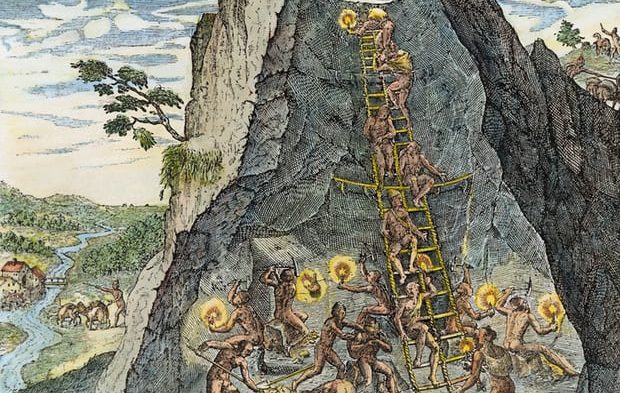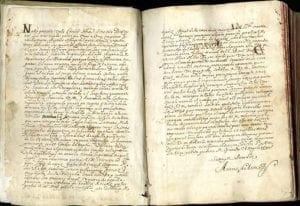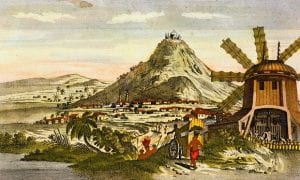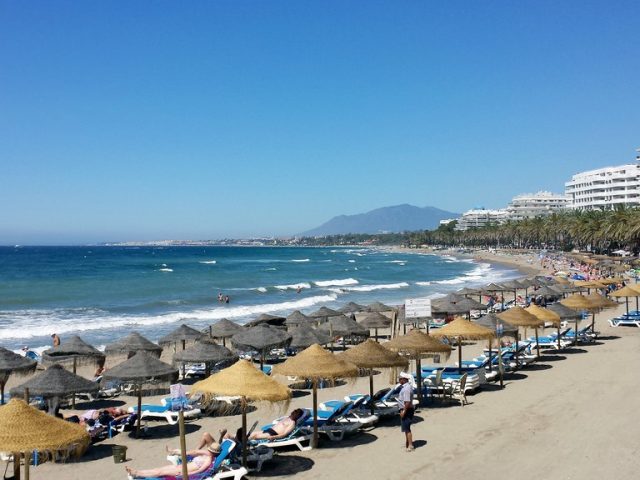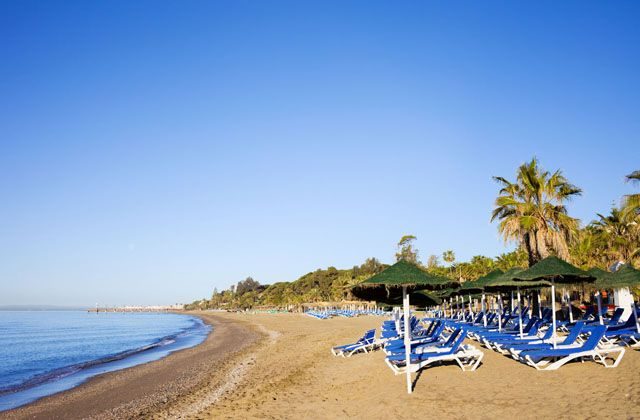- Have any questions?
- +34 951 273 575
- info@allaboutandalucia.com
‘Cursed’ book in Spain about Granada orphan thought lost for 400 YEARS published for the first time

Why buying a bike is the only resolution worth investing in for the New Year
January 30, 2018
NO MORE bar licences and music crackdown for more than 100 Malaga streets
February 6, 2018A BOOK chronicling the adventures of a Granada orphan during Spain’s Golden Age has been published for the first time.
Historia del Huerfano, or The Orphan’s Story, was written by a Malaga priest and follows a 14-year-old Andalucian who leaves Granada for the Americas to find his fortune.
Its protagonist travels around the Spanish empire, seeing everything from the high-society parties of Lima to the mephitic mines of Potosi.
He also sees Sir Francis Drake’s assault on Puerto Rico and the sacking of Cadiz.
Eventually he comes to embrace the monastic life in Peru.
“There’s an awful lot of travelling, but you do get a sense of what the viceroyalty of Peru was like from the inside and of the exchange of people and goods between Europe and America,” said Belinda Palacios, a Peruvian academic who spent two years editing the book back to life.
The story was written between 1608 and 1615 by Martín de León y Cárdenas, an Augustinian friar born near Malaga in 1584 and who had travelled to Lima.
It was supposed to be printed in 1621 but it never made it to the printing presses – probably because its author was worried it could upset his ecclesiastical career that would see him become an archbishop and president and captain-general of the viceroyalty of Sicily.
It would be hundreds of years later that a Spanish academic rediscovered the manuscript in the archives of the Hispanic Society of America in 1965.
Many attempts to publish The Orphan’s Story had failed, giving rise to rumours that something malevolent lurked among its 328 pages.
“When I started working on it, a lot of people told me that the book was cursed and that people who start working on it die,” Palacios told the Guardian.
“I laughed it off but I was a bit apprehensive at the same time. It’s taken a while because the people who have worked on it have died – one from a strange disease, one in a car accident and another of something else.”
The curse has hopefully been lifted after it was recently published by the José Antonio de Castro Foundation, which is dedicated to protecting Spain’s literary heritage.
Palacios said the book’s combination of fiction, autobiography and historical documents – Martín de León used a letter from one of the generals who fought Drake in Puerto Rico – offers a ‘richly detailed, contemporary portrait of the author’s world’.
“It also gives us a nuanced view of the story of the conquest. People always go on about the big evil Spaniards coming and what they did to the indigenous people, but when you read this, you see there was a spirit of adventure that drove people. It wasn’t ‘let’s go over there, crush the indians and rob them’. It was more like a big business, in which adventure and discovery played a part.”
The book also offers insights into the slave labour that fuelled the empire, which was the most powerful in the western world at the time.
On a visit to the mercury mines at Huancavelica, the Orphan sees 800 indigenous workers toiling in a hot, humid, fetid place of ‘great dangers, risks, darknesses, hazards and caverns’.
The mine is described as ‘scene from hell or from the mythical forges of Vulcan’s cyclopses’.
“The main character recognises that the indigenous people are being mistreated and exploited and that life is hard for them,” Palacios said.
“But what Martín de León is criticising isn’t the fact that the indigenous people are being exploited so white people don’t have to do the work, which is the modern take. He’s criticising the fact that the indigenous population is being exploited to the point of disappearance.”
The treatment of the indigenous people was, for him, a short-sighted act of Spanish self-sabotage.
“I get the feeling that he’s saying the system must change because we’re wiping out the local populations and that’s not going to be viable in the long term,” Palacios said. “Yes, there’s a criticism there, but we shouldn’t see him as another Bartolomé de Las Casas, fighting to defend the Indians. That’s not there in the text.”
She was amused by the narrator’s mockery of Italians for talking with their hands, and intrigued to read his complaints about the topical issue of judicial corruption in Peru.
Palacios likens reading the book to travelling back in time: “It’s a window on the past through which you can glimpse moments,” she said.

